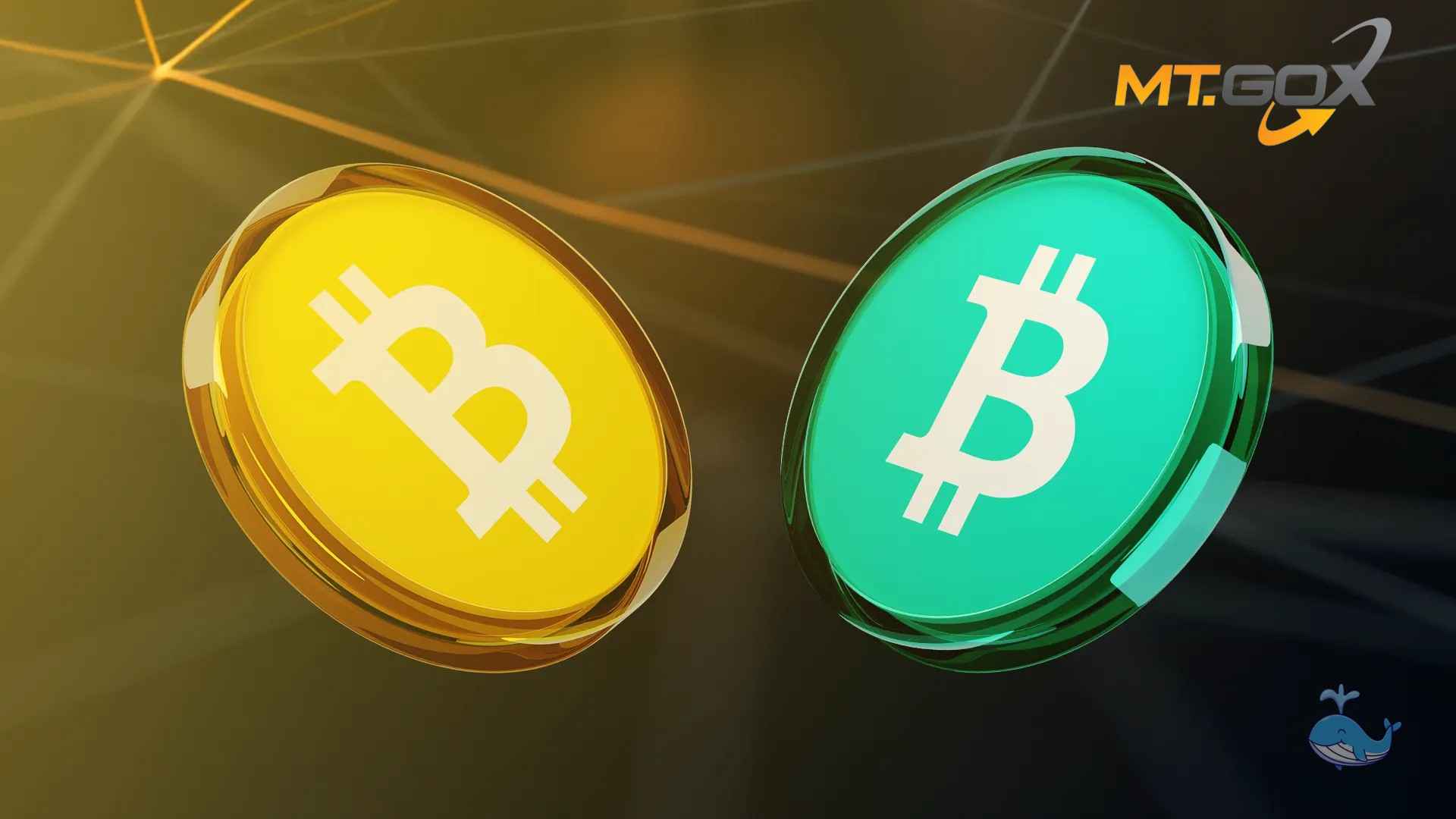Mt Gox starts Repayments in Bitcoin and Bitcoin Cash

The cryptocurrency exchange Mt. Gox, in an official announcement made public on July 5, said it has started paying creditors back in Bitcoin and Bitcoin Cash.
In accordance with the rehabilitation plan, the rehabilitation trustee announced today that it has paid back some rehabilitation creditors in Bitcoin and Bitcoin Cash via designated cryptocurrency exchanges and other channels.
Repayments to other rehabilitation creditors will be made if the following requirements are satisfied: verification that repayments can be made securely and safely, confirmation of the validity of registered accounts, completion of repayment-related discussions between the trustee and designated crypto exchanges, as well as approval of the intention to sign an agency receipt agreement by the designated exchanges.
“We ask creditors who qualify to wait for a while,” the Mt. Gox trustee said.
In its early years, the now-defunct cryptocurrency exchange handled more than 70% of all bitcoin (BTC) transactions, making it the largest cryptocurrency exchange in the world. Following a hack in early 2014 that cost the exchange an estimated 740,000 bitcoin, the exchange filed for bankruptcy.
Mt. Gox moved 47,228 BTC
The repayment statement was published shortly after Mt. Gox's earlier transfer of 47,228 BTC, or approximately $2,5 billion, to a wallet. Later, it made several transactions to transfer the assets. Arkham data indicates that the cryptocurrency exchange transferred 1,545 BTC ($83.5 million) to a hot wallet on Bitbank.
It is anticipated that 127,000 creditors of Mt. Gox will receive $50.8 million in Bitcoin Cash and approximately $9 billion in Bitcoin.
This move comes after creditors waited a long time—ten years and three months—for payment. On February 24, 2014, Mt. Gox shut down, stopping all trading and pulling down its website. The trustee, Nobuaki Kobayashi, declared that the debtor had taken the time to make sure that the repayment plans were secure, dependable, and compliant.
Bitcoin drops under $55,000 as Mt. Gox starts Repayments
Following Mt. Gox's announcement last month that it intended to begin repayments in July, the news of the repayments increased selling pressure on bitcoin and the cryptocurrency market. The news caused the price of bitcoin to decrease rapidly, briefly falling below $55,000 during Asian trading hours.
As of the time of writing, Bitcoin is trading over $54,000, having dropped more than 5% over the past 24 hours, according to CoinMarketCap.
In an attempt to ease concerns, a number of analysts have recently stated that selling pressure from the Mt. Gox repayment plan would likely be minimal, but to no effect. Ten days later, Bitcoin fell by 10%, and in four weeks, it fell by 22%. There was always a chance that Mt. Gox repayments would push Bitcoin lower.
A transaction from a wallet address connected to Mt. Gox was detected by the onchain analytics company Arkham. It showed the transfer of 47,228 Bitcoins ($2.71 billion) from cold storage to a new wallet.
According to onchain data from blockchain intelligence company Arkham, the German government has been selling seized bitcoin but still possesses more than 40K BTC, worth more than $2.3 billion.
Notably, the announcement of the repayments was made soon after the German government transferred an additional $175 million in bitcoin to external wallets and centralized exchanges. Arkham anticipates that this money will be utilized to finance an over-the-counter transaction.
To lessen any potential impact on the price of cryptocurrencies, Justin Sun, the founder of Tron, has offered to buy the remaining bitcoin from the German government off-market in response to their BTC liquidation.
Disclaimer: This information should not be considered financial advice by any means. Please do your own research before making any investment decisions. The views in the articles are personal opinions only. Whale Insider is not responsible for any financial losses incurred.
